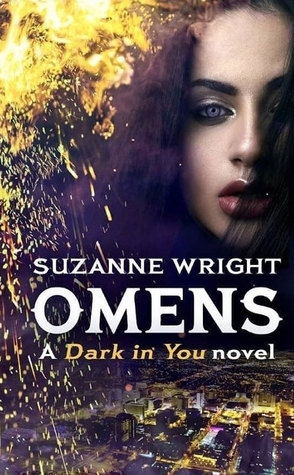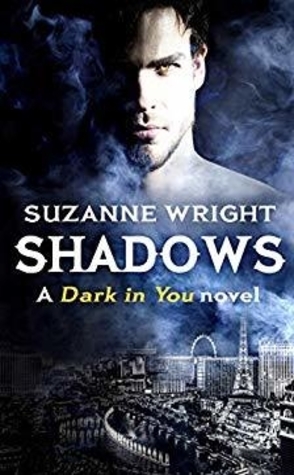Judith’s review of Bride for a Night by Rosemary Rogers
After Talia Dobson is jilted at the altar, she endures another humiliation: a substitute groom! The elder brother of her runaway betrothed has taken matters into his own hands. Shy Talia has long held a secret attraction for Andrew Richardson, the handsome Earl of Ashcombe. But when she’s wedded, bedded and dispatched alone to his country estate, the timid beauty discovers one night of passion has ignited a bold inner fire.
While his lovely green-eyed bride is out of sight, she is not far from Andrew’s mind—and when Talia is abducted by French spies, the earl fears he may lose what he’s only just found. Yet the wife he races to rescue is a far cry from the gentle bride he abandoned. She’s a woman who dares to demand forever after from her husband….
Historical romances have long embraced the unlovely, the uncharming, the unwealthy, and the shy heroine–women who are not the darlings of society and whose future appears to be bleak and solitary. It is not too often that a heroine is relatively attractive, relatively appealing and rich as King Midas but who can never attract a gentleman of the ton. In this new novel it is just such a woman who makes this story a little bit different. Talia has a dowry of 100,000 pounds. I can’t even imagine what that amount of money would translate into in today’s economy. Suffice it to say she was a “plum” which any destitute gentleman would be wise to pluck. Yet her family of origin made her unwanted and undesirable. Her dad was a butcher’s son who had a talent for making money, to be sure. He also had the personality of a dock worker with a chip on his shoulder. He was also desperate for social recognition. Not being able to gain that on his own–who would want him around anyway?–he used his daughter to plow his way into social circles who punished Talia by their snide remarks, their unique way of ignoring her, by pasting unkind nicknames on her like “Dowdy Dobson.”
Now she has been left waiting at the church for two hours, and to add insult to injury, 200 or so people have gathered at her home–even without the wedding, to consume her father’s food and drink and to further insult her looks, her manners, her unsuitability for even thinking she could marry into an esteemed family of the aristocracy. Never let it be said, however, that a determined, nasty, not-to-be-thwarted dad like Silas Dobson could be undone by the bridegroom’s absence. Instead, the bridegroom’s brother, threatened with a breech of promise lawsuit, has “come up to scratch” and agreed to marry the unwanted bride. And marry her, he did, and bedded her, and deposited her in the country out of sight of himself and his snooty mother, and anyone else of importance in society. And what did Talia do? She promptly proceeded to take her new duties seriously as the Countess, taking care of her tenants, showing kindness to her servants, and managing to get nearly everyone to “fall in love with her.” And in doing so, she discovered that her inner strengths, so systematically oppressed by her overbearing and abusive father, were truly amazing.
I liked the way the author developed the character of Talia–her kindness, her innate intelligence, her deep concern for others because of her own experiences of being “put down.” Her ability to empathize with others was never realized until she was free to express herself, and in putting her far away from the craziness of London, her husband did her a great service. What he didn’t count on was finding out, after the fact, that his quiet and submissive wife had grown a set of formidable claws.
I felt that the character of the Earl is interesting as well–a man who had really had to find his own way with a father who was focused on training him to inherit, and with a mother who took far greater notice of her own needs and desires and very little concern for that of her son. Having come into the title at an early age, he was overburdened with responsibilities for those who should have been responsible for themselves–his brother and mother–and thus, taking on a wife who appeared to be needy what absolutely NOT what he needed. In truth, this story is about his coming into a balanced understanding of himself, recognizing that loving someone didn’t make him weak or needy. He also had to learn that his acceptance and love of Talia made him stronger than he had ever been.
There is lots going on in this story that is connected to the politics of the time–the war with Napoleon, the treason of those whose greed overcame their patriotism–and the fact that the war certainly intruded in the life and marriage of Talia and the Earl. In the final analysis, I think this novel is about redemption: Talia’s redemption from the misery of emotional oppression and abuse, and Andrew’s redemption from a life of joyless servitude to aristocratic responsibility. Together they discovered the glory of loving someone unconditionally and the redemptive effects of giving and receiving without limits. Would that we could all experience that in our lives.
I give this novel a rating of 4 out of 5.
You can read more from Judith at Dr J’s Book Place.
This book is available from HQN Books. You can buy it here or here in e-format.






This sounds really good! I’m going to give it a try. I haven’t been reading as much romance this year as usual and I need to correct that!!
The books sounds good, but quite different from Ms. Rogers’ backlist. Has the author’s writing style changed from the early days when her heroes were always physically abusive to the heroines? That’s what everyone was writing back in the 1970s, but times have changed.
I ended up liking this much more than I thought I would. The hero was such a jerk at the beginning, but it was worth it to watch Talia really come into her own!